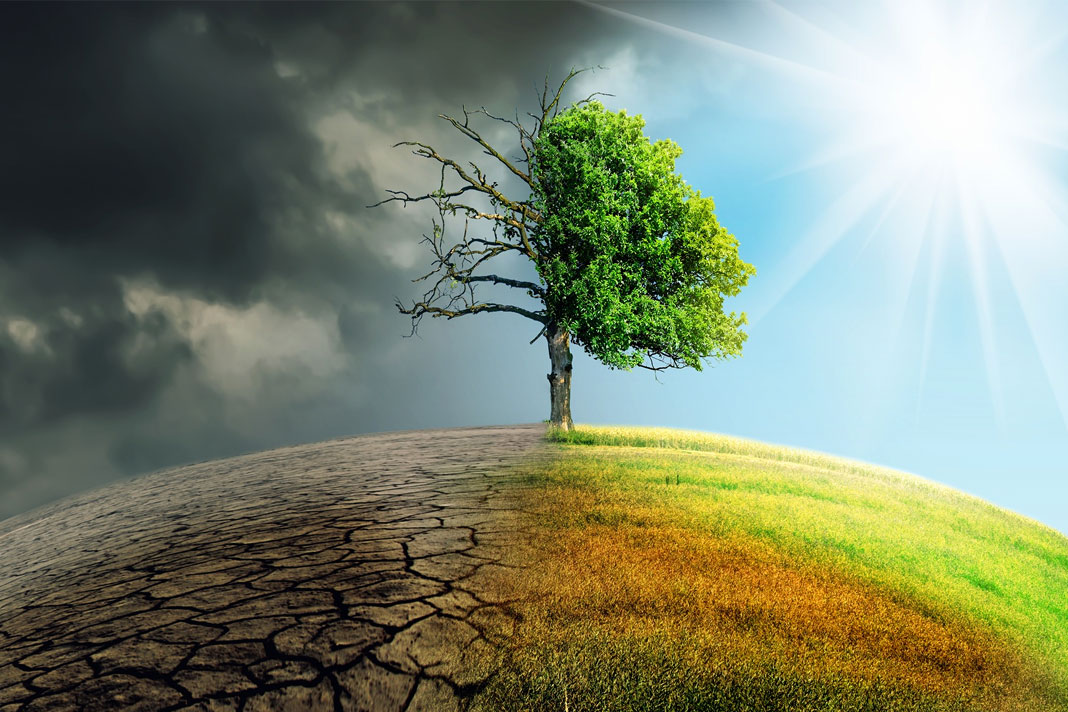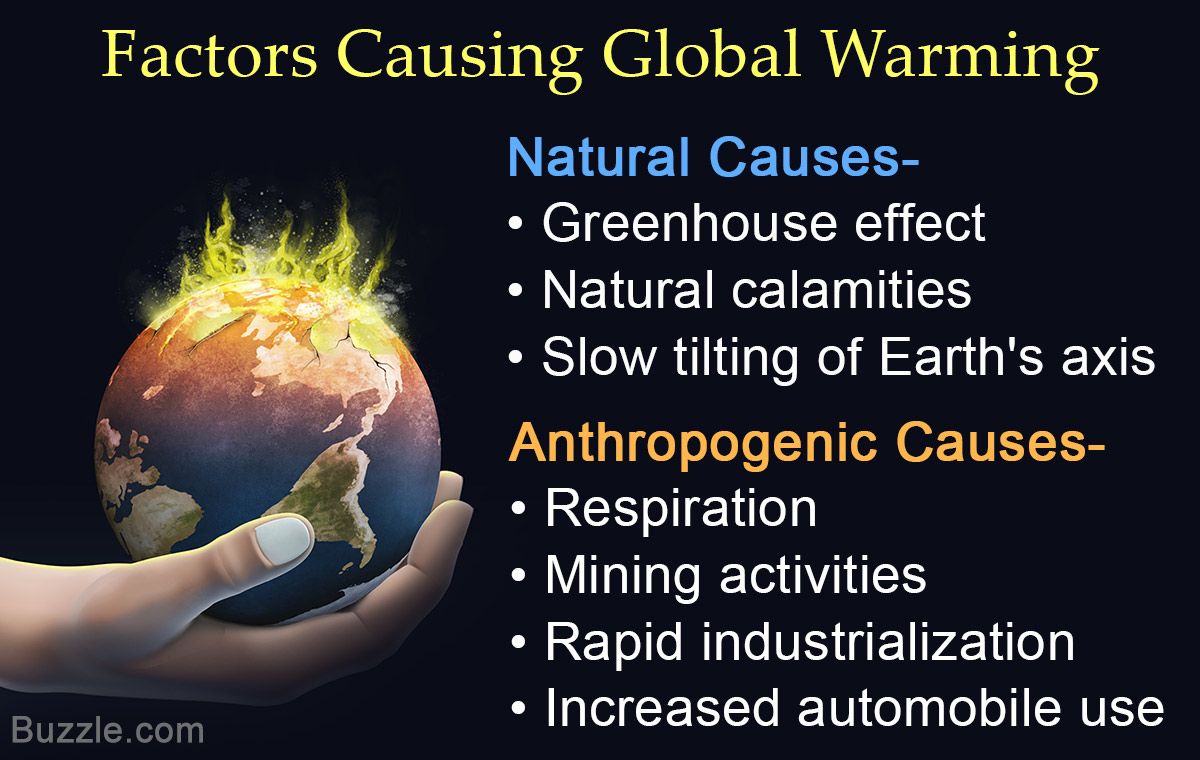GLOBAL WARMING
Q.1 what is global warming?
Ans-Global warming, the phenomenon of increasing average airtemperatures near the surface of Earth over the past one to two centuries. Climate scientists have since the mid-20th century gathered detailed observations of various weatherphenomena (such as temperatures, precipitation, and storms) and of related influences on climate (such as ocean currentsand the atmosphere’s chemical composition). These data indicate that Earth’s climate has changed over almost every conceivable timescale since the beginning of geologic time and that the influence of human activities since at least the beginning of the Industrial Revolution has been deeply woven into the very fabric of climate change...

Over the past 50 years, the average global temperature has increased at the fastest rate in recorded history. And experts see the trend is accelerating: All but one of the 16 hottest years in NASA’s 134-year record have occurred since 2000.
Q.2 What causes global warming?
Ans-Global warming occurs when carbon dioxide (CO2) and other air pollutants and greenhouse gases collect in the atmosphere and absorb sunlight and solar radiation that have bounced off the earth’s surface. Normally, this radiation would escape into space—but these pollutants, which can last for years to centuries in the atmosphere, trap the heat and cause the planet to get hotter. That's what's known as the greenhouse effect.

Q.3 What are the other effects of global warming?
Each year, scientists learn more about the consequences of global warming, and many agree that environmental, economic, and health consequences are likely to occur if current trends continue. Here’s just a smattering of what we can look forward to:
- 1.Melting glaciers, early snowmelt, and severe droughts will cause more dramatic water shortages and increase the risk of wildfires in the American West.
- 2.Rising sea levels will lead to coastal flooding on the Eastern Seaboard, especially in Florida, and in other areas such as the Gulf of Mexico.
- 3.Forests, farms, and cities will face troublesome new pests, heat waves, heavy downpours, and increased flooding. All those factors will damage or destroy agriculture and fisheries.
- 4.Disruption of habitats such as coral reefs and Alpine meadows could drive many plant and animal species to extinction.
- 5.Allergies, asthma, and infectious disease outbreaks will become more common due to increased growth of pollen-producing ragweed, higher levels of air pollution, and the spread of conditions favorable to pathogens and mosquitoes.

Q.4 Conclusion of Global Warming
Ans-The ‘Conclusion’ confirms that global warming is the major challenge for our global society. There is very little doubt that global warming will change our climate in the next century. So what are the solutions to global warming? First, there must be an international political solution. Second, funding for developing cheap and clean energy production must be increased, as all economic development is based on increasing energy usage. We must not pin all our hopes on global politics and clean energy technology, so we must prepare for the worst and adapt. If implemented now, a lot of the costs and damage that could be caused by changing climate can be mitigated.
No comments:
Post a Comment